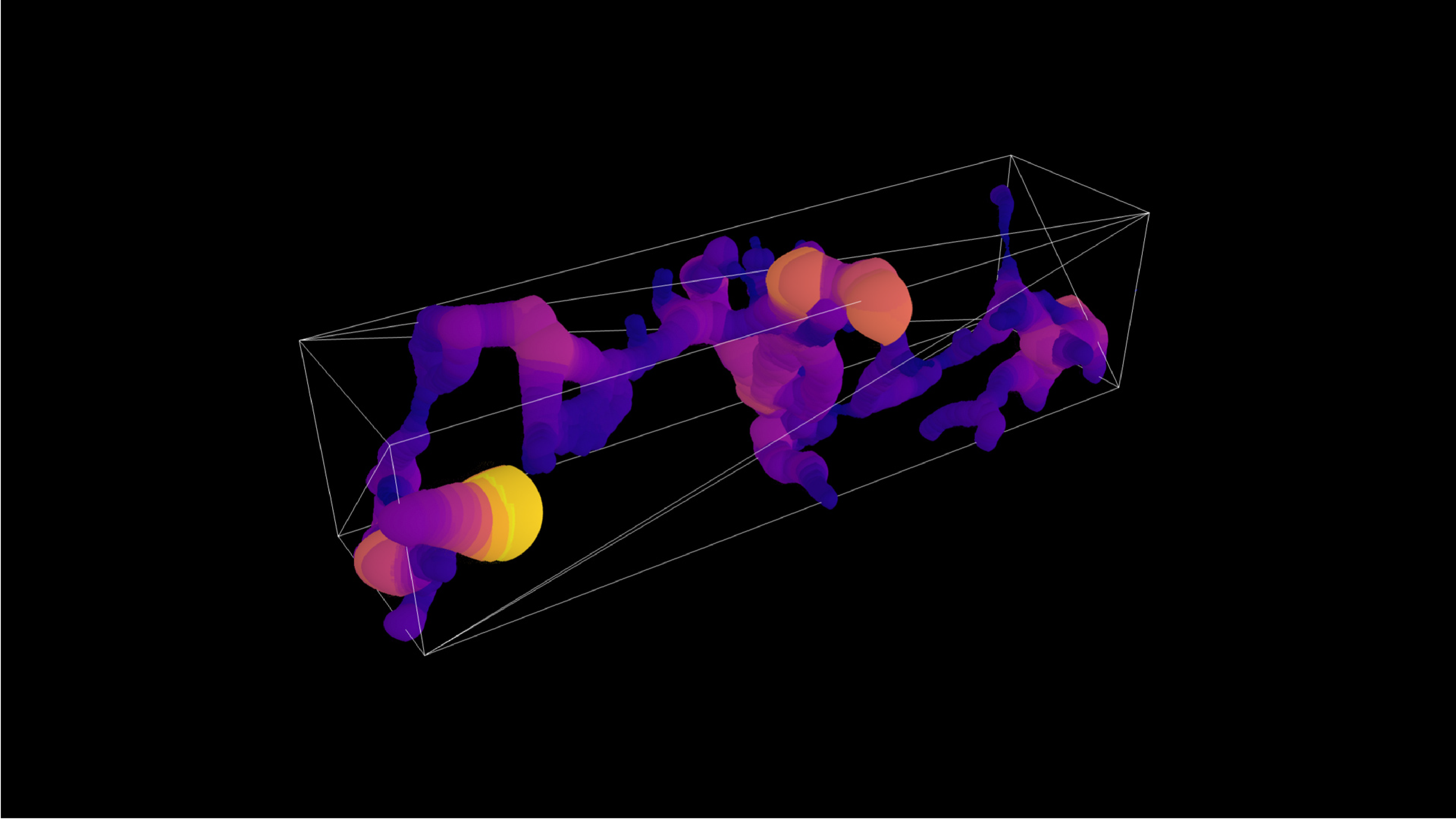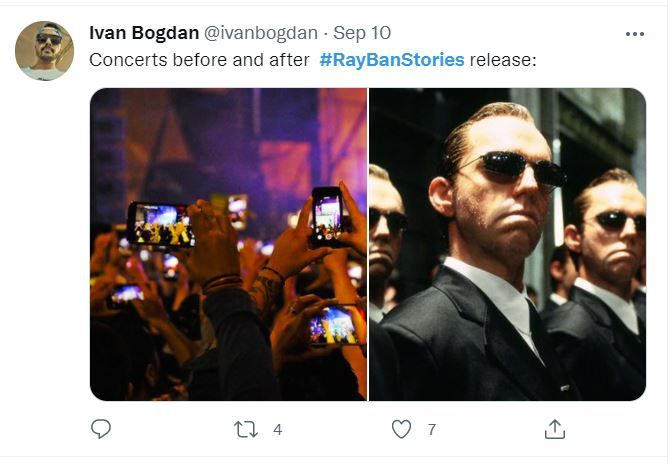Welcome to Nural's newsletter where you will find a compilation of articles, news and cool companies, all focusing on how AI is being used to tackle global grand challenges.
Our aim is to make sure that you are always up to date with the most important developments in this fast-moving field.
Packed inside we have
- Facebook is the latest to try camera smart glasses
- IBM uses AI to improve carbon capture
- and the State of California targets Amazon
If you would like to support our continued work from £1 then click here!
Graham Lane & Marcel Hedman
Key Recent Developments
Climate change: IBM boosts materials discovery to improve carbon capture, separation and storage

What: Carbon capture is a promising technology to address climate change. Capturing CO2 at the point of origin is thought to be one of the most effective ways to limit its release into the environment and using AI, IBM is seeking to improve this methodology. For example, identifying new molecular structures to capture CO₂ emitted by industrial processes, simulating the storage of CO₂ in different types of rock and developing new CO₂ absorbent materials.
Key Takeaway: Some environmentalists are concerned that carbon capture might distract from the key task of reducing emissions. But if the sequestration and storage of CO₂ can be made cheaper and more efficient, this might become a more viable option.
Facebook debuts Ray-Ban Stories, smart glasses that record video

What: Facebook and Ray-Ban have released a pair of camera smart glasses that can take photos and short video clips. The current model includes speakers but no displays in the lenses. Ray-Ban describe them as "the first smart glasses you're going to want to wear".
Key Takeaway: Both companies are positioning for a future in which smart glasses supersede phones, and Augmented Reality is more widespread. The glasses feature a small light to indicate when they are recording, but can be easily overlooked which can lead to misuse and controversy. The question is, can smart glasses can shake off a slightly intrusive and voyeuristic image?
Use of artificial intelligence for image analysis in breast cancer screening programmes

What: Academic researchers examined the accuracy of AI for the detection of breast cancer in mammography screening. The report found that 34 out of 36 AI systems were less accurate than a single radiologist, and all were less accurate than the consensus of two or more radiologists, which is the standard practice in Europe. It is possible that AI could be used to select images for review by a radiologist but, at the moment, the AI incorrectly eliminates too many examples in which cancer is present.
Key Takeaway: The AI press reports many examples of medical advances but these need to be validated by expert review. There are significant differences between European and American health practices which can sometimes make studies less applicable to Europe.
AI Ethics
🚀 California passes landmark bill targeting Amazon’s algorithm-driven rules
The bill addresses algorithm-based rules governing warehouse workers. It has been passed on to the state Governor.
🚀 AI Ethics Maturity Model
Describes the principles and development process followed at Salesforce.
🚀 Six Essential Elements Of A Responsible AI Model
The article advocates that concept of “responsible AI” as an actionable approach to addressing ethical issues.
🚀 Money, mimicry and mind control: Big Tech slams ethics brakes on AI
Recent examples of projects that have been turned down by ethics committees in large tech companies.
Other interesting reads
🚀 From Movement Kinematics to Object Properties: Online Recognition of Human Carefulness
Robots observe humans in order to identify objects that need to be handled carefully.
🚀 Don't look now: How a robot's gaze can affect the human brain
Research indicates that humans experience a robot's gaze as a "social signal" and this can significantly slow decision-making.
🚀 Singapore’s new robot cops will focus on small-time crime
Singapore’s latest generation of robot police act as a mobile extension to existing, extensive video surveillance.
Cool companies found this week
Early stage companies dealing with voice technology
Ellipsis Health - claims to "Quantify anxiety and depression severity with less than 60 seconds of speech" and has raised $26 million in round A funding. However, there are also some skeptical voices
Winterlight Labs - similarly claims that by analyzing speech alone, we can detect cognitive impairment associated with dementia and mental illness.
Lovo - Offers next generation AI Voiceover & Text to Speech Platform with human-like voices, and has recently raised $4.5M pre-series A funding.

AI/ML must knows
Foundation Models - any model trained on broad data at scale that can be fine-tuned to a wide range of downstream tasks. Examples include BERT and GPT-3. (See also Transfer Learning)
Few shot learning - Supervised learning using only a small dataset to master the task.
Transfer Learning - Reusing parts or all of a model designed for one task on a new task with the aim of reducing training time and improving performance.
Generative adversarial network - Generative models that create new data instances that resemble your training data. They can be used to generate fake images.
Deep Learning - Deep learning is a form of machine learning based on artificial neural networks.
Best,
Marcel Hedman
Nural Research Founder
www.nural.cc
If this has been interesting, share it with a friend who will find it equally valuable. If you are not already a subscriber, then subscribe here.
If you are enjoying this content and would like to support the work financially then you can amend your plan here from £1/month!

